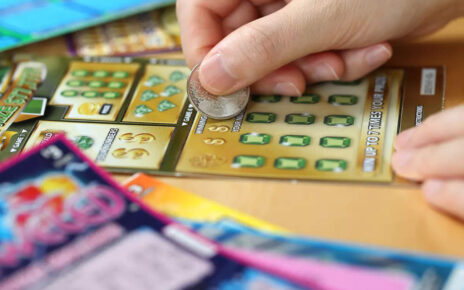Widely accepted currencies for slot players include central international monetary units, digital payment tokens, and regional currency options that accommodate diverse global gaming communities. These currency acceptance patterns reflect economic stability and technological advancement across payment systems. To accommodate international players, diarypopuler.com usually supports multiple currencies while also maintaining transaction efficiency and regulatory compliance across various jurisdictions.
International currency standards
- Major world currencies dominate slot gaming acceptance due to their stability, widespread recognition, and established exchange rate mechanisms that facilitate international gaming transactions. These primary currencies include the most traded monetary units that maintain consistent value and broad acceptance across global financial systems.
- Reserve currency status influences acceptance patterns since these monetary units serve as international trade standards and maintain stable exchange rates, reducing transaction risk for players and operators. These established currencies provide reliable value references while minimizing conversion complexity during international gaming transactions.
- Economic stability factors determine long-term currency acceptance through inflation rates, government fiscal policies, and international trade relationships that affect currency reliability. Slot platforms typically prefer currencies backed by stable economies that demonstrate consistent monetary policy and predictable exchange rate behaviour over extended periods.
Digital payment integration
Cryptocurrency acceptance continues expanding across slot platforms as digital currencies offer enhanced privacy, reduced transaction fees, and faster processing times than traditional banking methods. These digital payment options appeal to tech-savvy players while providing alternative payment methods for regions with limited traditional banking access.
- Bitcoin remains the most widely accepted cryptocurrency across gaming platforms
- Ethereum provides innovative contract capabilities that enhance transaction security and automation
- Litecoin offers faster transaction processing with lower fees than Bitcoin alternatives
- Stablecoins provide cryptocurrency convenience while maintaining value stability through fiat backing
- Platform-specific tokens create loyalty programs and enhanced gaming experiences
Digital wallet integration enables seamless currency conversion and transaction processing through automated systems that handle multiple currency types simultaneously. These wallet systems often provide real-time exchange rate conversions while maintaining user preferences for preferred currency displays.
Regional acceptance patterns
Geographic market focus influences currency acceptance decisions as operators prioritize currencies from regions where they maintain significant player populations or seek expansion opportunities. These regional considerations balance market potential with regulatory requirements and operational complexity associated with different currency management. Regulatory compliance requirements determine acceptable currencies through jurisdiction-specific laws that govern gaming operations and financial transactions. These regulatory frameworks often mandate specific currency-handling procedures while restricting certain payment methods that might conflict with local financial regulations.
Payment processing efficiency
Transaction speed optimization prioritizes currencies that process quickly through established financial networks, reducing waiting times for deposits and withdrawals. These efficiency considerations often favour currencies with mature digital payment infrastructure and widespread banking system integration. Fee structure analysis influences currency acceptance through transaction cost evaluation that considers processing fees, exchange charges, and network costs associated with different payment methods. Platforms typically prefer currencies that offer competitive fee structures while maintaining transaction security and reliability.
The most widely accepted currencies for slot players combine international currency standards, expanding digital payment integration, and regional acceptance patterns that serve diverse global gaming communities. Exchange rate management systems and payment processing efficiency considerations ensure that currency options provide both convenience and cost-effectiveness while maintaining transaction security and regulatory compliance across international gaming platforms.





